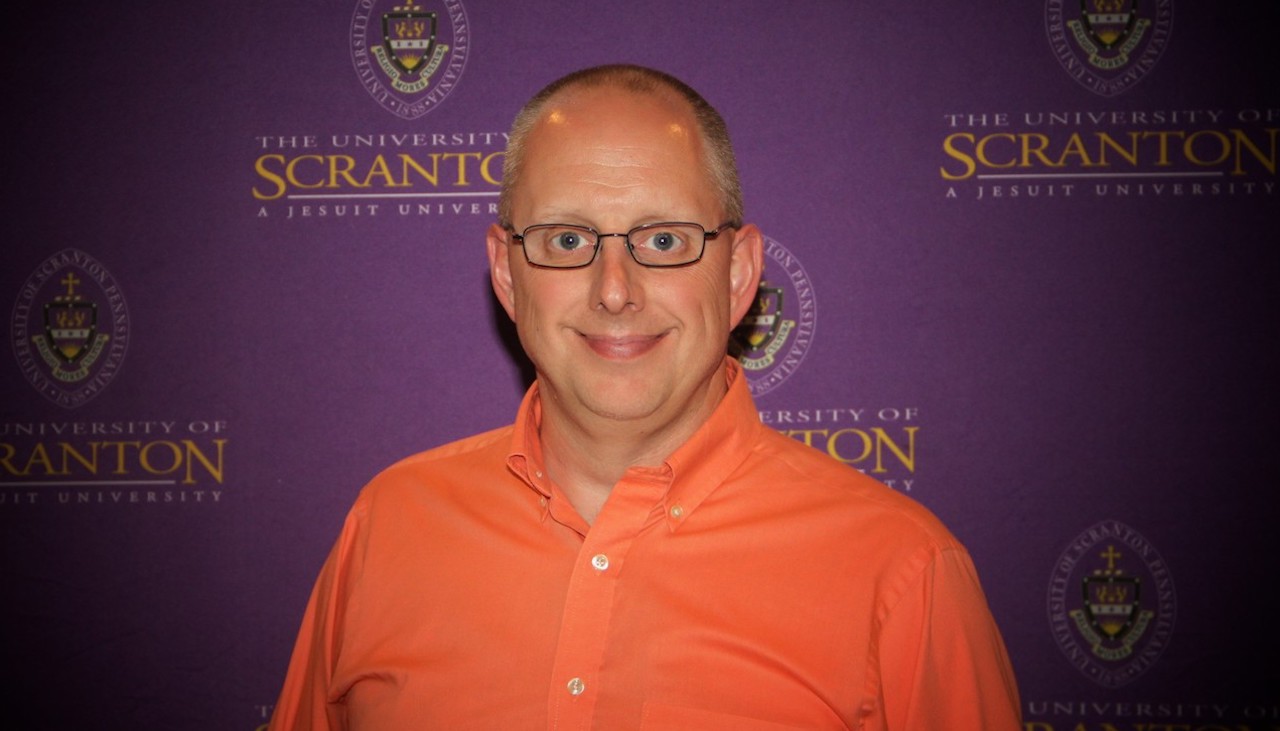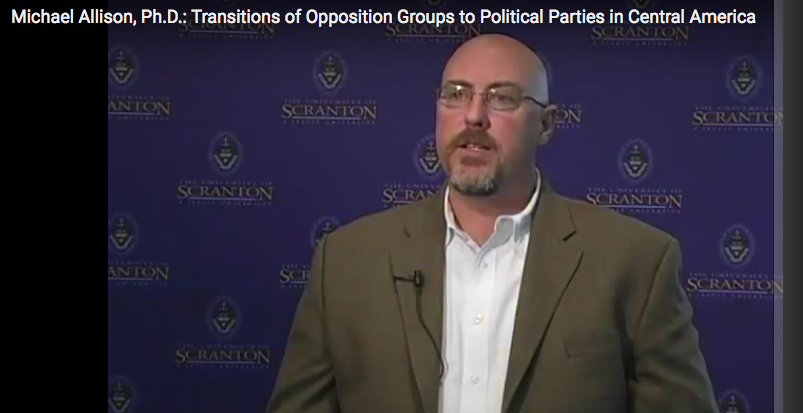Program ‘TIPS’ Access to Primary Care for Seniors

Prevention is one of the best medicines going, according to William Miller, Ph.D., faculty specialist in the Department of Health Administration and Human Resources at The University of Scranton. Yet the spiraling costs of traditional health care, coupled with long life expectancies, make it increasingly difficult to reach an aging population.
Enter TIPS – Telehealth Intervention Program for Seniors – a high touch/high tech project reaching almost 200 senior citizens in Northeastern Pennsylvania over a three-year period. As program director, Dr. Miller directs operations of this community telehealth program developed as a collaborative effort between The University of Scranton, the United Way, United Neighborhood Centers, and Jewish Community Center.
“There’s a lack of access to health care in certain populations and there are gaps in primary care,” said Dr. Miller. “If we can keep older adults healthier and catch some of the issues before they become major concerns that lead to hospitalization or emergency room visits, we can help to keep people healthier while reducing health care costs.”
The ideal program participant is the older adult aged 65 or older with two or more chronic health conditions. However, the program is available to anyone who utilizes other older adult services at any one of the six locations throughout the Scranton area in which the TIPS program is offered.
University of Scranton students from various disciplines are integral to the program. Twice per week, student technicians assist participants in taking certain meaningful vital signs (blood pressure, heart rate, pulse ox, and weight). Data is then transmitted securely to an internet-based system that will alert a trained nurse if any of the participant vital signs fall outside specific parameters. The nurse will review these alerts and reach out to the participant as necessary. The student technicians also work with the participants to identify any significant changes in their current health or treatment plans.
The six-month pilot of the TIPS Program revealed a healthy outcome: personalized preventative care led to a reduction in overall alerts. Examining the next full year of data, the pilot study findings were supported; the data exhibited that after six-months patient data were typically stabilized and patients begin to show improvements in overall health.
Results of the study were presented at the MBAA International Conference in Chicago by Dr. Miller, along with Maria Begliomini, Shickshinny, a student in the University’s Master of Health Administration and Human Resources program and Victor Dec, Clarks Summit, a 2017 graduate of the undergraduate nursing program. The students also discussed their study at the University’s 17th annual Celebration of Student Scholars on campus. Their presentation examined the study results in terms of health care quality improvement and explored the barriers to implementing this type of program on a larger scale.
Dr. Miller is also embarking on an interdisciplinary study to examine the relationships between student technicians and participants and how that relationship benefits both groups. Students have been known to engage in a level of care that shows compassion for the person beyond the medical situation at hand.
A third piece of research on the horizon involves a study about how collegiate health and wellness services prepares students to be advocates for themselves and better healthcare consumers.
Overall, admits Dr. Miller, “It’s a large and daunting health care system. Anything we can do to help people – both young and old – navigate the process can only help.”
Dr. Miller joined the University’s faculty in 2015. He earned his bachelor’s degree in health science at Lock Haven University of Pennsylvania, his master of health administration at the Pennsylvania State University, University Park, and his Ph.D. in health promotion at Marywood University.
University of Scranton faculty members discuss their research on the University’s YouTube Channel. Here, Michael Allison, Ph.D., associate professor and chair of the Department of Political Science at The University of Scranton, discusses his research about the transitions of former armed opposition groups to political parties in Central America.







